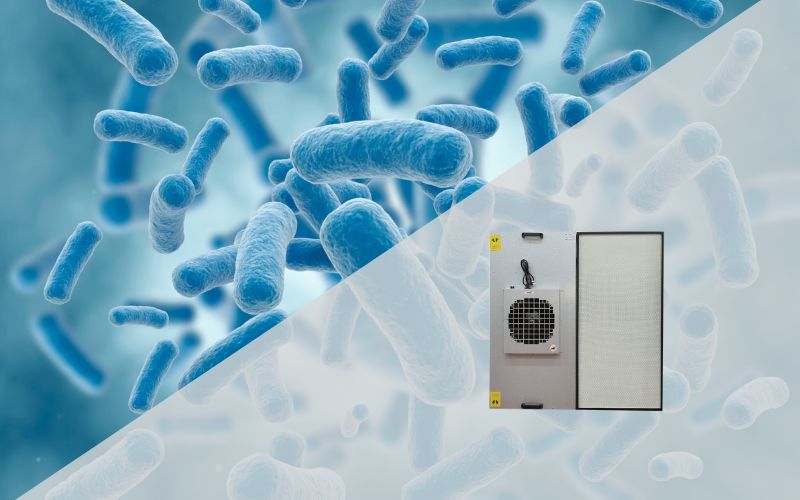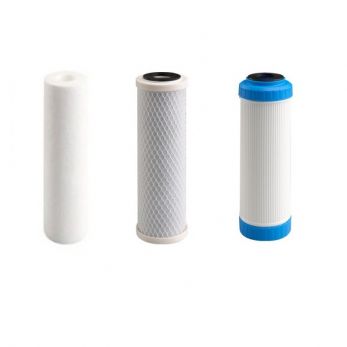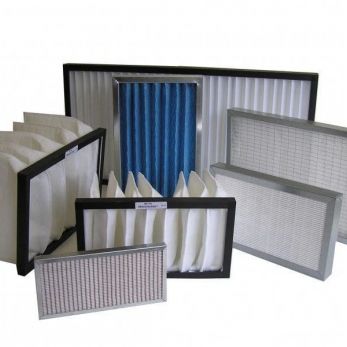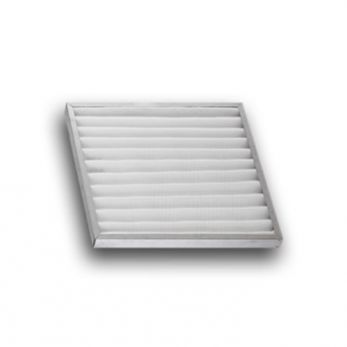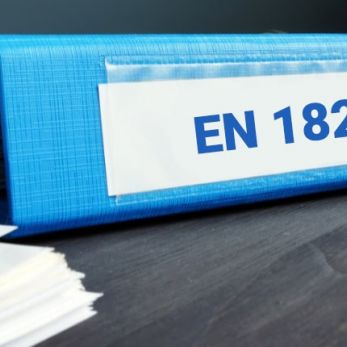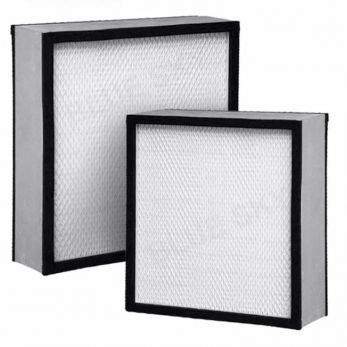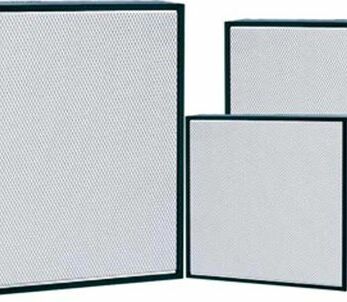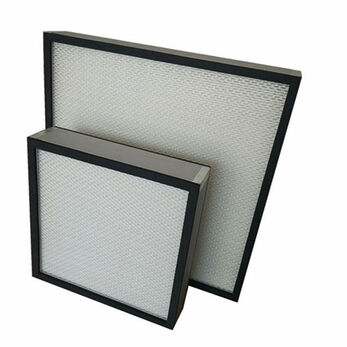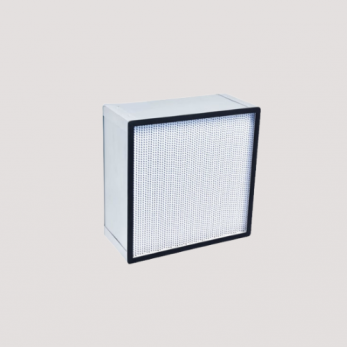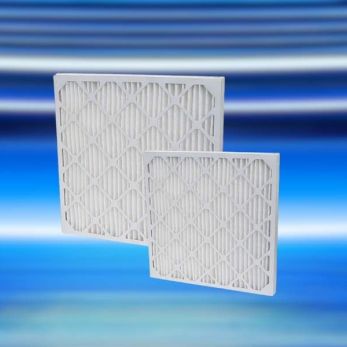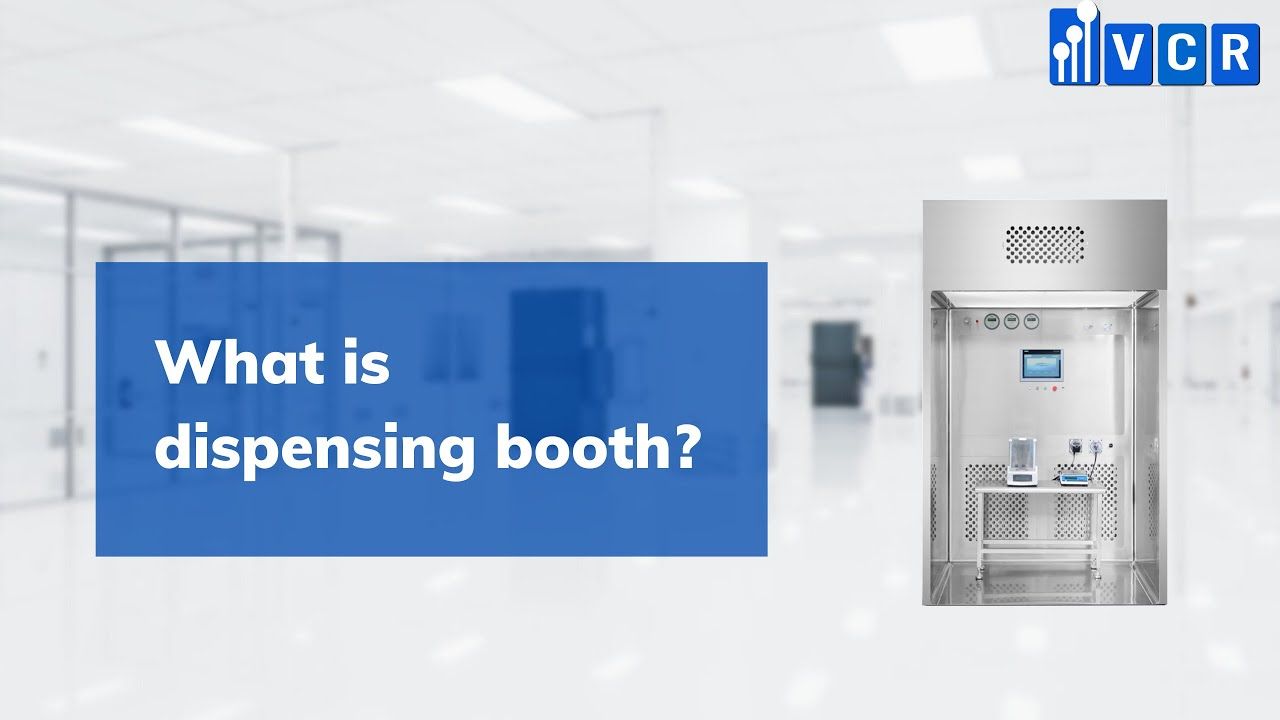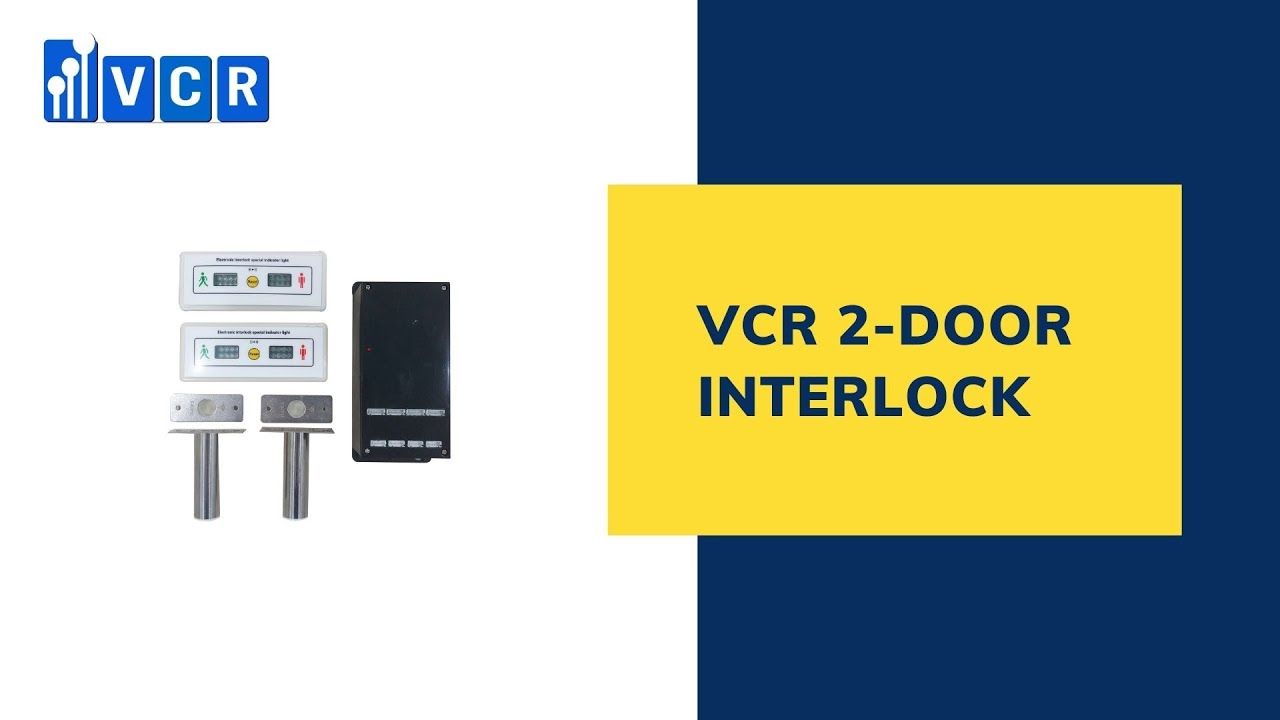Do HEPA Fan Filter Unit Protect You From Covid
Some studies show that wearing a mask consistently practicing good social distancing can significantly reduce the spread of the coronavirus (COVID-19). However, concerns about aerosol transmission have prompted many people to think about HEPA and ULPA fan
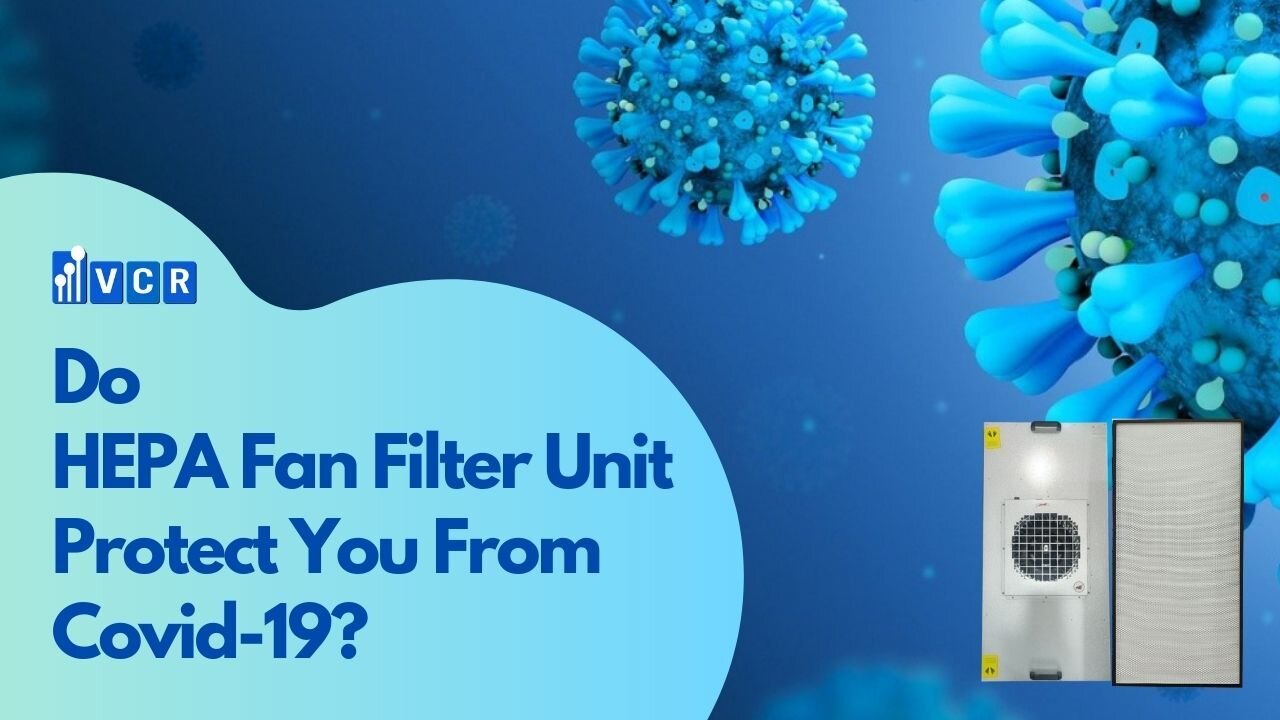
Some studies show that wearing a mask consistently practicing good social distancing can significantly reduce the spread of the coronavirus (COVID-19). However, concerns about aerosol transmission have prompted many people to think about HEPA and ULPA fan filter units as well. So, how do these devices work? Are any of them effective against COVID-19? Let's find out!
COVID-19 virus spreads through the air on respiratory droplets created from talking, coughing, sneezing, and even breathing. When these activities occur in a crowded area with stale air, the likelihood of transmission increases significantly, as COVID-19 has been proven to remain viable for at least 3 hours lingering in the air or on surfaces up to four meters away from its last host.
Air filtration keeps respiratory droplets and other airborne particles moving in an enclosed space. A virus-deterring HVAC system will effectively circulate and filter out any unwanted particles before returning clean air to the facility or pumping it outside to allow fresh air to move inside.
Businesses and healthcare facilities can modify existing HVAC systems to include a fan filter unit capable of removing COVID-19 from the air.
A cleanroom HEPA filter and ULPA filter are designed to contain hazardous particles. A fan filter unit (FFU) houses either a HEPA filter, which catches 99.99% of particles 0.3 microns, or a ULPA filter, which catches 99.999% of particles 0.12 microns. The COVID-19 virus is about 0.125 microns, but it can ride on respiratory droplets that are much larger, which both the HEPA and ULPA filter can trap.
When masks and social distancing can be used in tandem with a HEPA- or ULPA-filtered FFU, the risk of transmitting the virus is greatly reduced.
Can HEPA & ULPA Filters In Fan Filter Units Capture Coronavirus (COVID-19)?
A HEPA (High-Efficiency Particulate Air) filter is 99.99% effective at catching particles down to 0.3 microns.
SARS-CoV-2 is 0.12 microns, so a HEPA filter cannot guarantee to remove all the airborne viral particles.
Still, HEPA filters are capable of capturing some portion of these smaller particles via methods of direct impact, interception, or diffusion. They can also effectively capture larger particles the virus might be clinging to that are in the 0.3 micron range.
A ULPA (Ultra Low Penetration Air) filter, on the other hand, is 99.999% effective at catching particles down to 0.12 microns. Yes, a ULPA filter can effectively strip COVID-19 from the air itself, though it is still not a 100% guarantee. Because the filter medium is so fine, it reduces the speed at which air can flow through it, which may make ventilation a challenge.
Many hospital air filters use ULPA filtration in operating rooms and intensive care units. Seriously ill COVID-19 patients are often treated in ICUs, and the particles hanging in the air there can be transferred via staff to other parts of the hospital if they are not contained. This is why medical air filters and hospital air filtration are so necessary to aid in the battle against COVID-19.
Using UV light as a disinfectant against COVID-19
The potential for UV sterilization to supplement other disinfectants in removing SARS-CoV-2 is promising. In the wake of supply shortages, where standard methods of cleaning are temporarily inaccessible, UVC light can clean any surface the light touches.
The light disinfects the surrounding environment by permanently damaging the DNA of any exposed germs, which kills them in the process. With the proper exposure, it is 99.9% effective at killing the viruses and bacteria it encounters. This could reduce the chances of exposure to COVID-19 from open surfaces and ambient air, particularly if the UV light is attached to a fan filter unit.
Vietnam Cleanroom Equipment (VCR) specializes in providing cleanroom equipment for construction contractors. We provide high-quality products with competitive prices and large quantities nationwide. The equipment includes:
Differential pressure gauge, FFU Fan Filter Unit, Pass box, Cleanroom air filter, HEPA box, Clean booth, cleanroom steel door, Isolator cabinet, and other equipment


